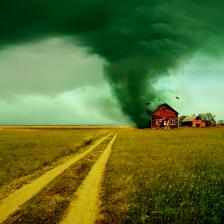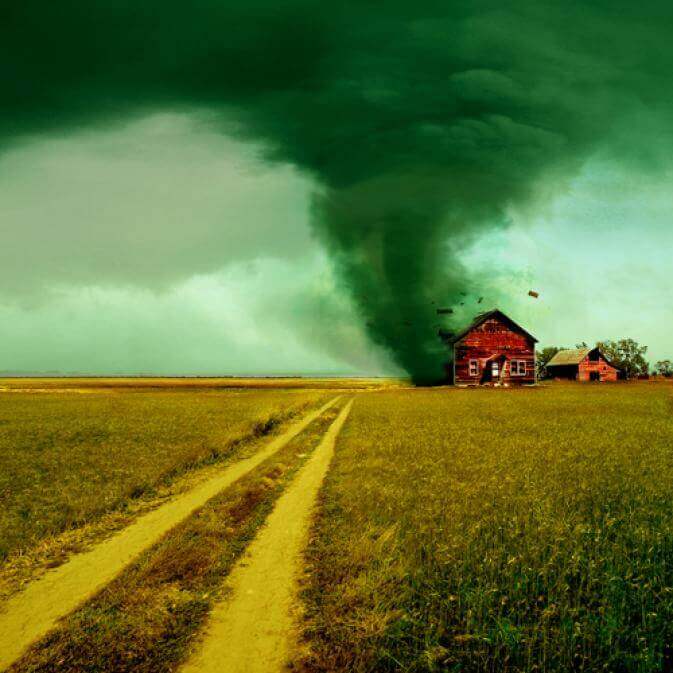7 Ways to Prepare Your Finances for a Natural Disaster
It’s important to be financially prepared for a future potential emergency.
Laura Adams, MBA

The northeast is certainly suffering from its share of natural disasters. But no matter where you live, you’re prone to some kind of emergency, like a fire, flood, tornado, or earthquake. That’s why it’s important to be financially prepared for a future potential emergency.
Here are 7 tips to stay safe when disaster strikes:
Tip #1: Maintain an Emergency Fund
If you’re forced to evacuate or can’t work during a disaster and its recovery, you may be without a paycheck for some time. Therefore, it’s wise to have at least 3 to 6 months’ worth of living expenses in an FDIC-insured bank account to make sure that you have enough money to get through a tough time.
Tip #2: Keep Cash on Hand
Even if you live across the street from a bank or ATM, it won’t help you get cash if the power is out, streets are flooded, or high winds destroyed the building. So always keep some amount of cash on hand for an evacuation or to buy necessities.
Tip #3: Have a Credit Card
A credit card is a financial tool that can give you peace of mind and keep you safe in an emergency. Just make sure that you have a plan for how to pay off charges as quickly as possible so you don’t rack up excessive interest on the account.

If you must evacuate, make sure that you don’t leave important papers behind. Consider keeping emergency documents and insurance policies in a watertight plastic bag in a fireproof safe or locked drawer that you could access quickly.
Tip #5: Use Online Banking
Even in an emergency situation, it’s important to continue paying bills on time so you avoid late fees and don’t jeopardize your credit. The easiest way to stay current is to utilize online bill pay through a mobile smart phone app or internet connection once you have access.
Tip #6: Communicate With Creditors
Never assume that your creditors and service providers know that you’ve been affected by a natural disaster. If you can’t make payments on time, contact your creditors and explain your hardship. You may be able to have payments deferred for several months or have late charges waived.
Tip #7: Save Your Receipts
If you have additional expenses during a disaster, such as a hotel or car rental, your insurance may cover a portion of them. You may also qualify for tax benefits if the government declares that your home or office is in a disaster relief area and you have sufficient records to make a claim.
Get the Money Girl Book!
Looking for more money advice or a great gift? Pick up a copy (or several!) of Money Girl’s Smart Moves to Grow Rich. It tells you what you really need to know about money without bogging you down with what you don’t. Get the ebook version or paperback at your favorite book seller today!
Other Links You Might Like:
Who Needs Life Insurance? You Do!
Best Tips to Improve Your Credit Score Fast
The Best Checking Accounts Allow You to Bank the Benefits
25+ Best Tools for Money Management and Productivity
Tornado Hitting House photo from Shutterstock.

